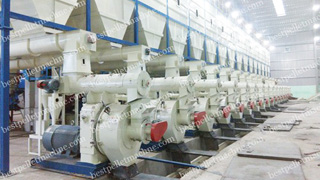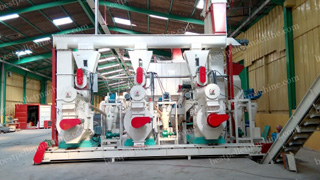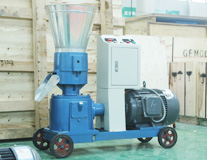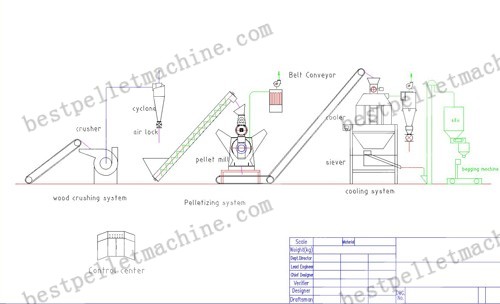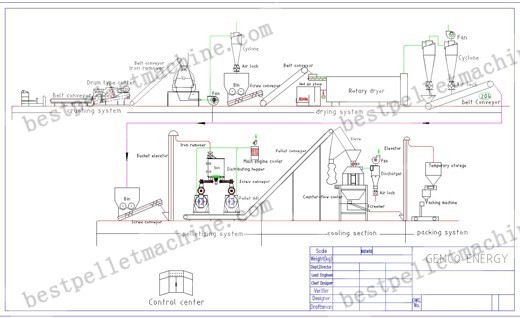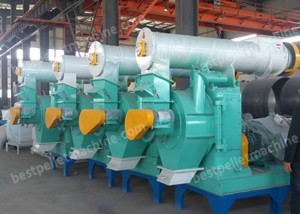As reported by Wood Resource Quarterly, South Korea and Japan will reduce the utilization of fossil fuels and turn to renewable energy sources. As a result, they decide to choose and import wood pellets from other Asian countries and North America in the following decade.
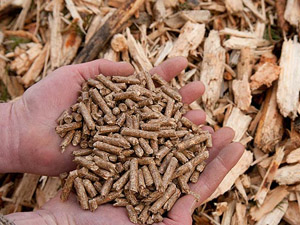 Pellets import in South Korea
Pellets import in South Korea
The governments in South Korea and Japan have announced plans to increase their using of green energy resources. South Korea has taken methods to reduce its dependence on importation of fossil fuels. It has established its long term plan of increasing its renewable energy portion from below 4% in 2011 to 6.1% in 2020.
One step of its plan is to build 8 new wood pellets plants lately. It also expressed its goal of consuming 5,000,000 tons of wood pellets by the year 2020. South Korea has great amount of wood residues from domestic sawmilling industry, which could be made into pellets. Yet it is still far from enough for domestic consumption.
So it takes another step to import large quantities of pellets. The government also estimated that 75-80% of pellets consumed by its country will be imported from Australia, Canada, Indonesia, the Philippines, the US and Vietnam by 2020 to meet its great market demand.
Pellets import in Japan
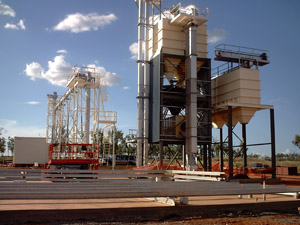 Japan also expected to increase its import of wood pellets due to the nuclear power plant accident in Fukushima in 2011. After the disaster, the Japanese government determined to close down all nuclear plants. As a result, renewable energy tends to replace nuclear energy gradually, while biomass pellets plays an important role. Although till last year, Japan had only imported little amount of wood pellets from Canada, but it seems quite likely that Japan will increase its import of pellets in the following years.
Japan also expected to increase its import of wood pellets due to the nuclear power plant accident in Fukushima in 2011. After the disaster, the Japanese government determined to close down all nuclear plants. As a result, renewable energy tends to replace nuclear energy gradually, while biomass pellets plays an important role. Although till last year, Japan had only imported little amount of wood pellets from Canada, but it seems quite likely that Japan will increase its import of pellets in the following years.
The great demand of biomass pellets in South Korea and Japan could be a great opportunity for Asian countries. We have learnt that there have been many biomass pellets plants in China, Indonesia, Malaysia, Pakistan, Nepal, India, Sri Lanka, etc. Yet more pelletizing plants are needed, and more countries and regions will be using biomass pellets in the future.



